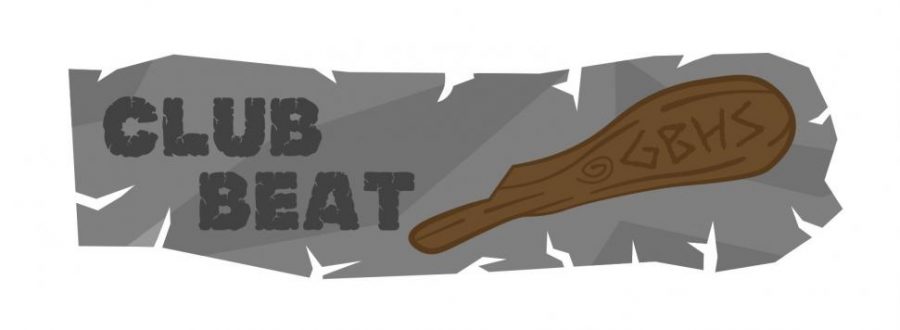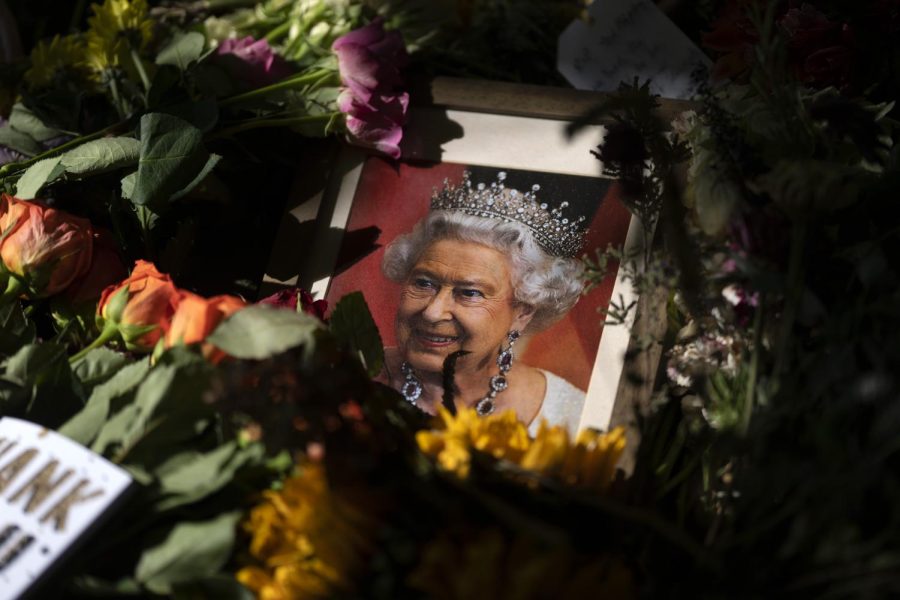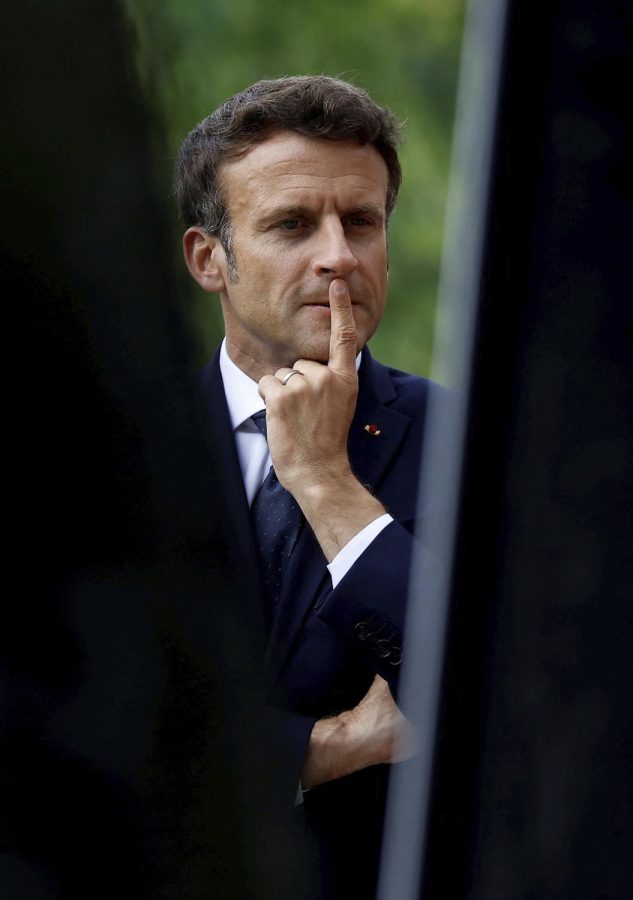The box office domination of ‘Barbenheimer’ has driven millions of viewers across the world to see two opposite movies and join in on the growing trend’s bandwagon.
The meme got so big the official Barbie movie twitter started tweeting out the trend, commenting on a fan made poster of Barbenheimer in a since deleted tweet, “It’s going to be a summer to remember.”
Another popular Barbenheimer tweet that has yet to be taken down states “We’re always thinking in PINK” paired with a picture of Barbie and Ken in their famous pink car driving away from an atomic explosion.
These tweets initially fueled the Barbenheimer trend even more, as fanart, tweets, and memes on Barbenheimer grew in numbers.
Japan, however, was openly disturbed by the trend, especially citizens of Hiroshima and Nagasaki, the two cities bombed in WW2.
Multiple tweets from Japan twitter started speaking out on the cruel nature of the trend, associating Barbie, a character many Japanese citizens resonated with, to one of the most horrific moments in Japanese history.
Maki Kimura, 43, a Japanese citizen said in an interview that despite her excitement for the movie, it was now “impossible” for her to watch Barbie.
“I loved Barbie so much,” says Kimura. “But we cannot remain silent about the atomic bomb. Even if our favorite people or things want us to change our opinions.”
Barbie was released in Japan on August 11, a mere two days after the anniversary of the Nagasaki bombing, and five after Hiroshima’s bombing anniversary, further pushing Japanese people to avoid the movie altogether.
Chiho Komoriya, 45, a customer service agent from Sendai states that the release is “really bad timing.” And that she “feels sorry for the film crew”, and that she herself even felt hesitant to now watch the movie.
“It’s a problem of making jokes about nuclear explosions and making jokes about the bombing of Hiroshima, Nagasaki, which killed so many people,” says Jeffrey Hall, a Japanese studies lecturer at Kanda University of International Studies in Chiba, Japan.
Japanese Television channels regularly stream documentaries and informative movies in the following weeks before the Bombing anniversaries, typically about the suffering of the victims from the nuclear fallout, many of whom to this day are still effected by the radiation passed down from survivors.
“The image of a mushroom cloud is something that Japanese people don’t associate with happy, friendly jokes but something that is very seriously linked to death and suffering.” Hall states.
“Oppenheimer” has no release date in Japan and will likely never be released, due to its offensive nature. Warner Brothers has since apologized for the Barbenheimer trend, stating “Warner Brothers regrets its recent insensitive social media engagement. The studio offers a sincere apology,” -Warner Bros. Film group told NBC News in an official statement.
Some Japanese twitter users have taken to retweeting or commenting on Barbenheimer memes with gory pictures of Nagasaki and Hiroshima victims, charred corpses and survivors with horrible scarring and burns.
Another popular response to Barbenheimer was posting fake movie posters of Barbie and 9/11. Twitter user Dorothy posted the 9/11 Barbie picture with the #Barbenheimer tag captioned “What do you Americans who use this tag to make jokes about the atomic bomb feel about this image? What you guys are doing is the exact same as this. Shame on you.”
















